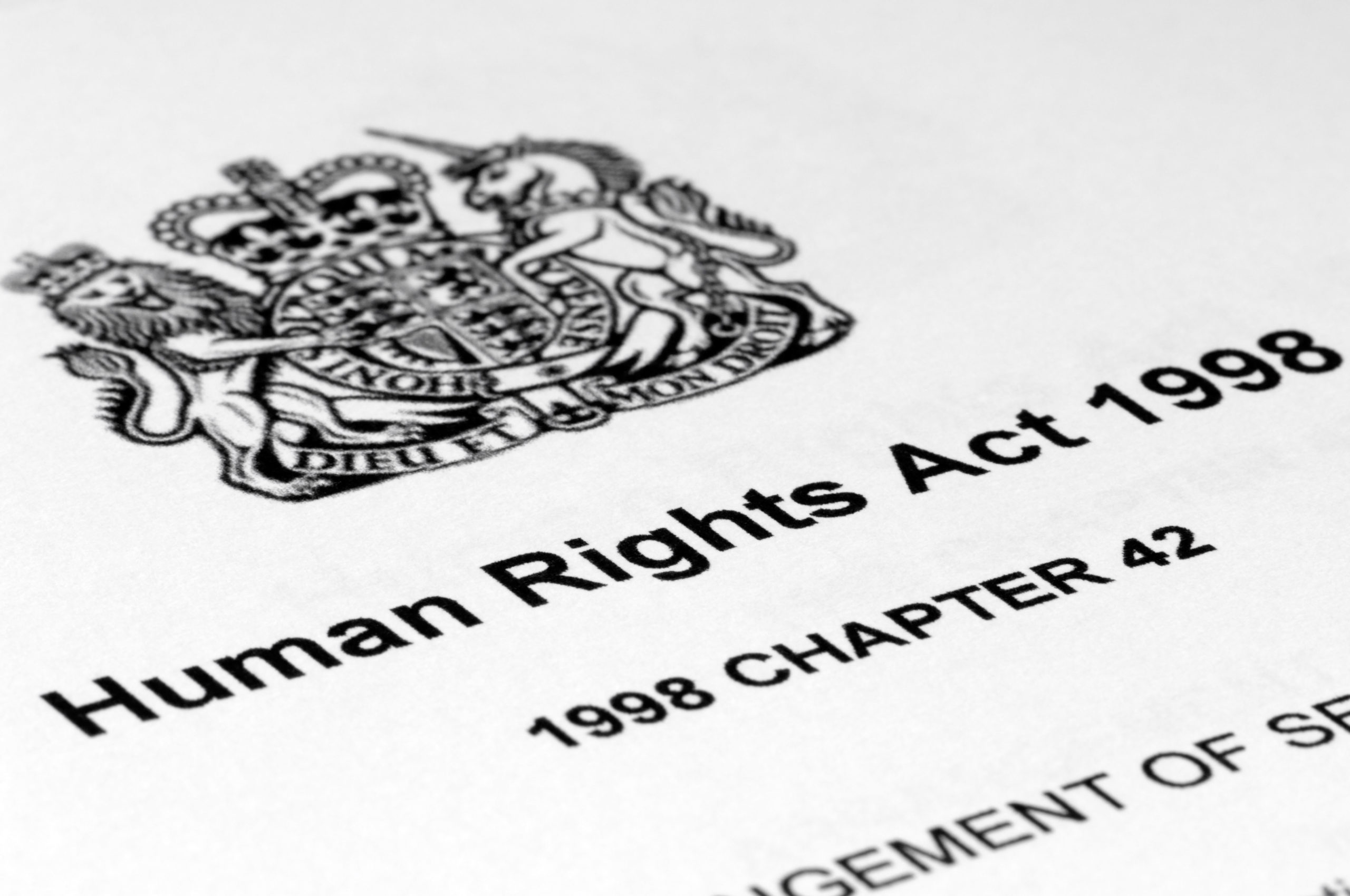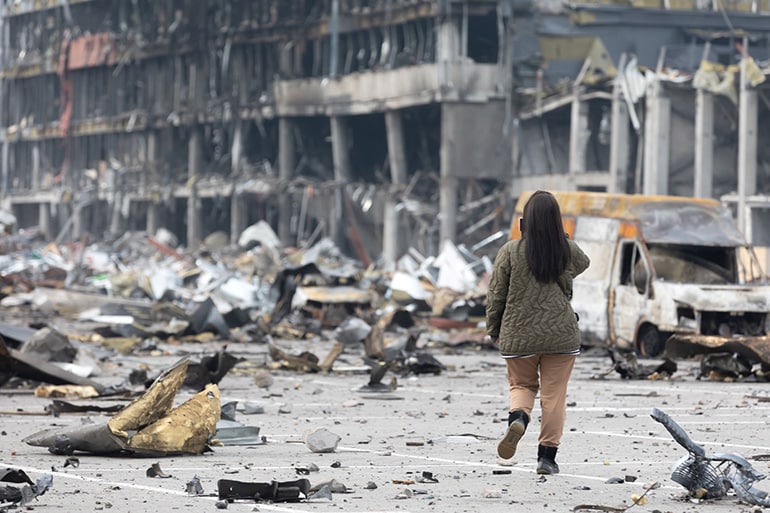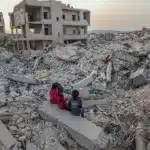March 2019
Crimes under international law committed by the Islamic State of Iraq and al-Sham (ISIS), including systematic attacks on civilian populations, have shocked the world. Now that the remaining ISIS-controlled territory in Syria is regained, attention is at last focusing on bringing ISIS leaders and fighters to justice. These include Iraqi and Syrian nationals, as well as the so-called ‘foreign fighters’ – nationals of other states in the Middle East and North Africa, as well as European, North American and other nationals. In particular, a global debate has begun about what to do with foreign fighters and their families, including a significant number of women and children.
This Ceasefire briefing considers eight accountability options potentially facing ISIS fighters and their families. It assesses the feasibility of each option and its implications, and then highlights four cross-cutting principles that should be taken into account in any decisions on justice mechanisms.
Report PDF: Read the report here.
March 2019
Crimes under international law committed by the Islamic State of Iraq and al-Sham (ISIS), including systematic attacks on civilian populations, have shocked the world. Now that the remaining ISIS-controlled territory in Syria is regained, attention is at last focusing on bringing ISIS leaders and fighters to justice. These include Iraqi and Syrian nationals, as well as the so-called ‘foreign fighters’ – nationals of other states in the Middle East and North Africa, as well as European, North American and other nationals. In particular, a global debate has begun about what to do with foreign fighters and their families, including a significant number of women and children.
This Ceasefire briefing considers eight accountability options potentially facing ISIS fighters and their families. It assesses the feasibility of each option and its implications, and then highlights four cross-cutting principles that should be taken into account in any decisions on justice mechanisms.
Since at least 2014, the need to hold ISIS accountable for its crimes has been considered a global priority. Which mechanism or mechanisms are now implemented will have major implications for the security of individual states across the world, for the long-term stability of the Middle East and North Africa, and, most pressing of all, for delivering justice to the tens of thousands of ISIS victims.























